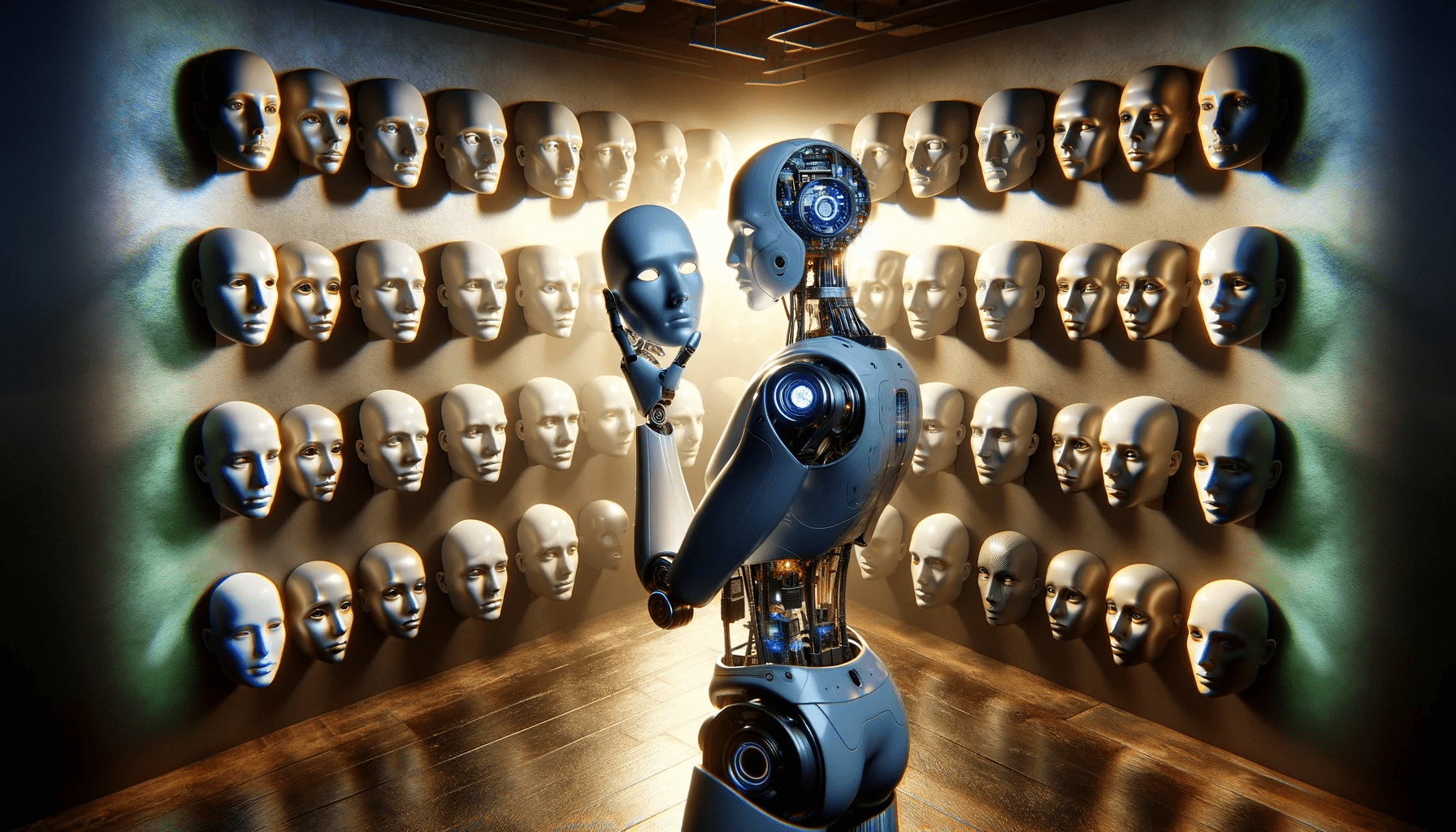Table Of Content
In an era where technology blurs the lines between reality and digital fabrication, understanding the legal implications of using someone’s face in videos or images generated by AI tools is crucial. The thought-provoking ‘Black Mirror’ episode ‘Joan Is Awful’ and the rise of deepfake technology have sparked significant discussions about privacy, consent, and identity in the digital age. This blog post aims to shed light on the existing laws and regulations surrounding this issue and the responsibilities of AI tool developers and users.
Once more I was asked by someone:
Can you make a Video with my face?
I will try to answer your question the best I can.
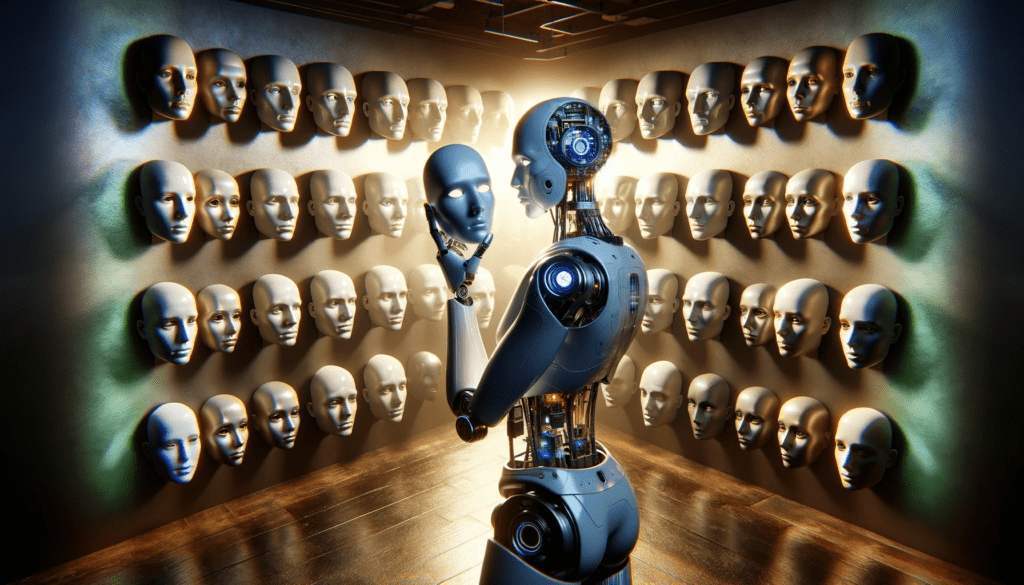
The Legal Framework
The use of a person’s likeness in AI-generated media intersects with various legal domains, including privacy rights, intellectual property, and identity theft. Here’s a breakdown of the key legal considerations:
Privacy Rights
Privacy laws, especially those concerning the right to publicity, are at the forefront of this debate. These laws protect individuals from unauthorized commercial use of their image, name, or other personal attributes. The landmark case involving actress Jennifer Lawrence and the infamous deepfake incidents underscored the need for stringent privacy protections.
Intellectual Property
Copyright laws also come into play when using someone’s likeness. For instance, the creation of a digital avatar resembling a celebrity without consent infringes upon their intellectual property rights. This issue was highlighted in cases involving famous personalities and their unauthorized portrayal in video games.
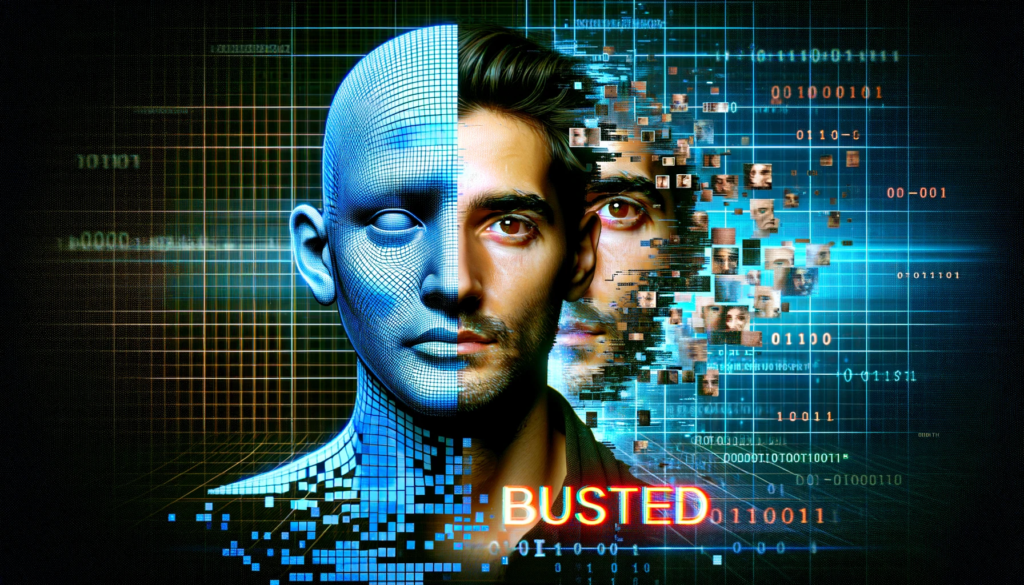
Identity Theft and Misrepresentation
Creating videos or images using Generative AI and someone’s face without consent can lead to identity theft and misrepresentation. This is particularly concerning in the context of deepfakes, where individuals’ faces are superimposed onto others in videos, often without their knowledge or consent.
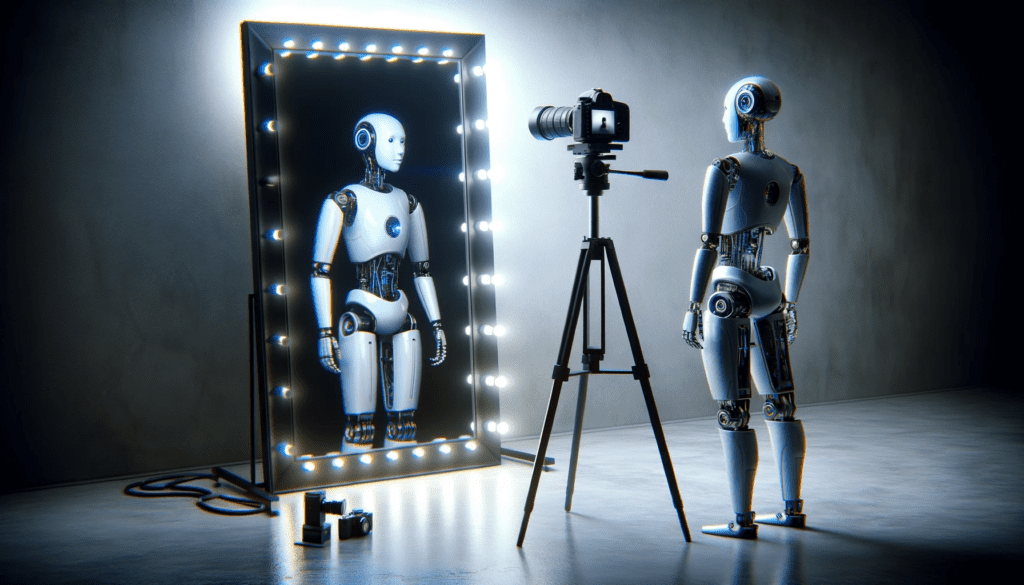
Case Study: ‘Black Mirror’ Episode ‘Joan Is Awful’
The ‘Black Mirror’ episode ‘Joan Is Awful’ serves as a profound narrative on the potential misuse of AI in media production, particularly highlighting how AI-generated videos could jeopardize the brand and dignity of actors. In this speculative scenario, AI technology is used to create hyper-realistic videos, effectively bypassing the need for actual actors. This technological advancement, while remarkable, poses severe threats to the professional and personal lives of actors.
Stripping Actors of Their Brand
Actors meticulously build their brand over years, often through carefully chosen roles that align with their image and acting style. AI-generated videos could replicate an actor’s likeness in various contexts without their consent, leading to a dilution of their carefully curated brand. This unauthorized use can result in actors being associated with content that contradicts their values or damages their reputation, thereby diminishing their unique identity in the entertainment industry.
Compromising Dignity and Consent
The use of AI to replicate actors extends beyond brand infringement to more personal violations. ‘Joan Is Awful’ illustrates a world where an actor’s consent is no longer required to feature their likeness in a film or show. This lack of consent strips actors of their agency, reducing them to mere digital templates that can be manipulated at will. It raises ethical concerns about dignity and autonomy, as actors lose control over how, where, and in what manner their images are used.
Ethical Implications and the Need for Restriction
The potential for AI to create realistic videos of actors raises significant ethical questions. While it could offer practical solutions in some aspects of filmmaking, such as reducing the need for costly reshoots or enabling the portrayal of younger or older versions of actors, the technology should not be used indiscriminately. There needs to be a robust ethical framework governing its use, prioritizing the consent and dignity of the individuals involved. AI should enhance the creative process without compromising the respect and rights owed to human performers.
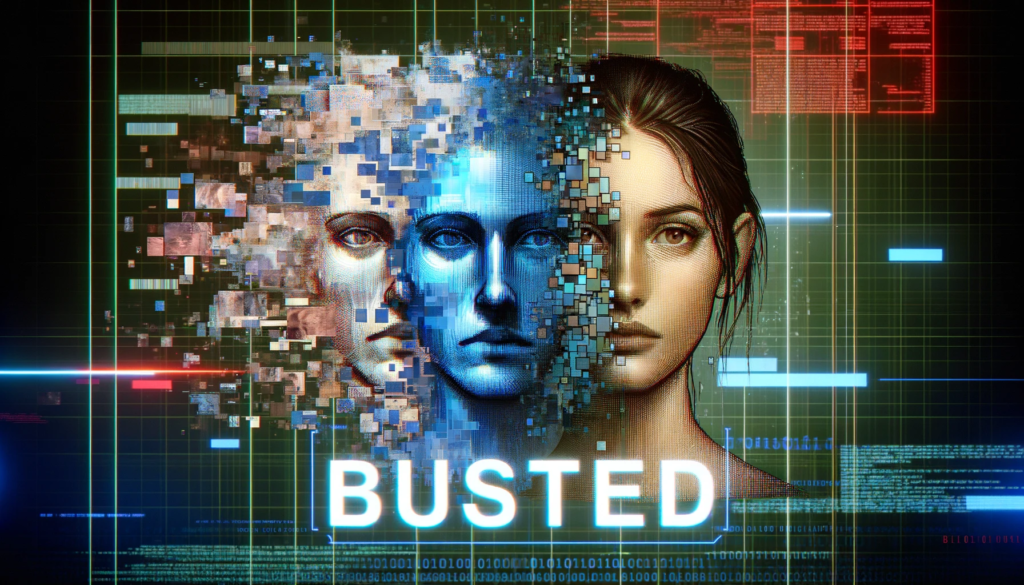
The Role of AI Tools in Regulating Usage
Given these legal and ethical challenges, AI tool developers must adopt responsible practices. Two key approaches are emerging:
- Declining to Produce Certain Images and Videos: AI tools should be programmed to refuse the creation of images or videos that use someone’s likeness without verified consent. This approach aligns with the ethical principle of ‘do no harm’ and respects individuals’ privacy rights.
- Strict ID and Consent Verification: AI tools could implement robust identification and consent verification mechanisms before generating media involving human likenesses. This would ensure that the person whose image is being used has given explicit permission, thereby safeguarding against unauthorized and potentially harmful usage.
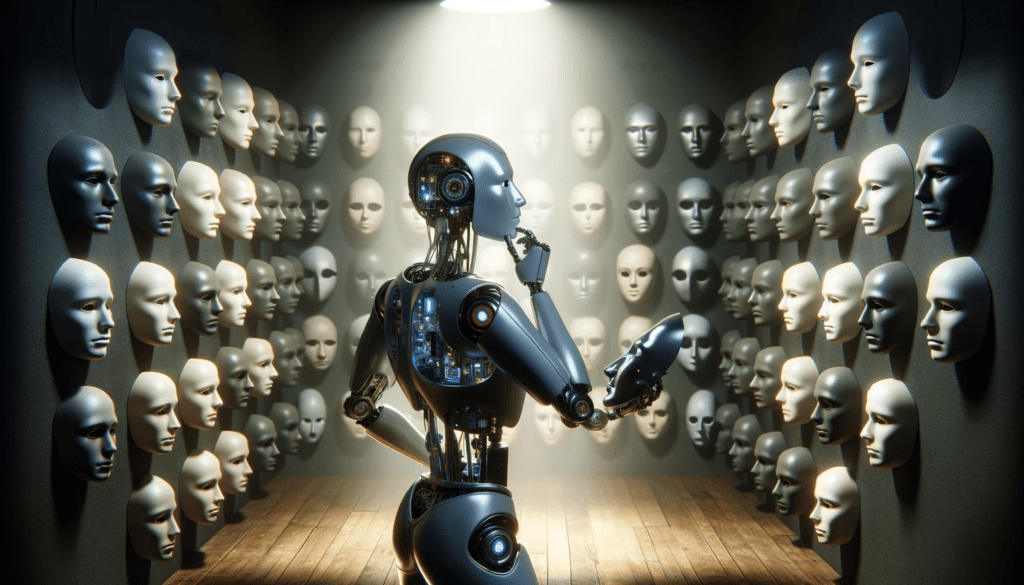
The intersection of AI, law, and ethics in the context of using someone’s face in digital media is a complex and evolving landscape. Episodes like ‘Black Mirror’s Joan Is Awful’ and the phenomenon of deepfakes have brought these issues to the forefront of public consciousness. As AI continues to advance, it is imperative that legal frameworks evolve in tandem to protect individual rights, and that AI tool developers and users remain vigilant and responsible in their practices. The future of digital identity and privacy depends on it.

